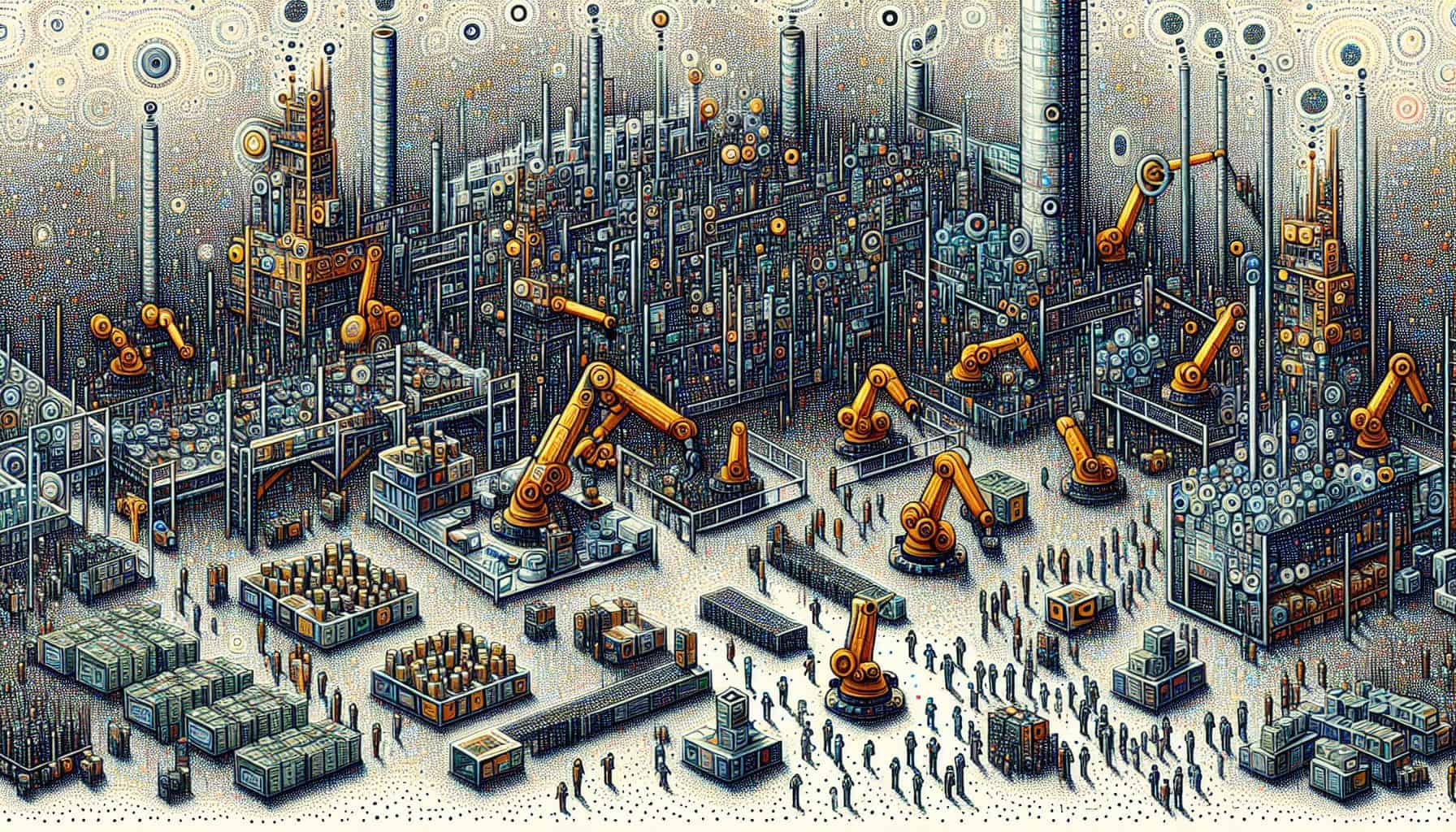
Global demand for metal fabrication robots is projected to surge from 101,700 units in 2023 to 319,000 units by 2030, growing at a 17.7% CAGR. This growth is driven by increasing automation needs, technological innovations, and rising industrialization in emerging economies, particularly China.
Several factors are driving the growth of the metal fabrication robots market, an industry report says. The increasing demand for automation in manufacturing processes is a primary driver. Automation enhances productivity and ensures precision and efficiency, which are crucial in metal fabrication. Technological innovations, such as AI, machine learning, and sensor technology, are also contributing to the market’s expansion.
Regional Insights
The United States and China are key players in the metal fabrication robots market. In 2023, the U.S. market was estimated at 27,700 units. Meanwhile, China is expected to grow at an impressive CAGR of 23.4%, reaching 74,400 units by 2030. This growth in China is largely due to its rapid industrialization and the government’s strong support for technological advancements in manufacturing.
The report segments the market into different types of robots, with articulated robots and Cartesian robots being the most prominent. The articulated robots segment is projected to reach 170,500 units by 2030, growing at a CAGR of 18.1%. Cartesian robots, on the other hand, are set to grow at a CAGR of 16.5%. These segments benefit from the need for high precision and flexibility in various manufacturing processes.
Competitive landscape
The market features several key players, including ABB Ltd., FANUC America Corporation, and KUKA AG. These companies are leading the way in technological innovations and are heavily investing in research and development to maintain their competitive edge. The report also highlights the role of collaborative robots (cobots), designed to work alongside humans and enhance productivity on the shop floor.
The future of the metal fabrication robots market looks promising, with a focus on smart factory solutions and increased industrialization in emerging economies. As companies continue to invest in automation and digitalization, the demand for metal fabrication robots is expected to grow significantly. The integration of AI and machine learning technologies will further enhance the capabilities of these robots, making them indispensable in modern manufacturing.

